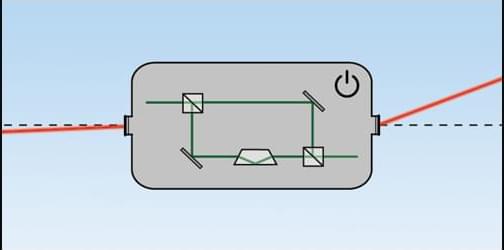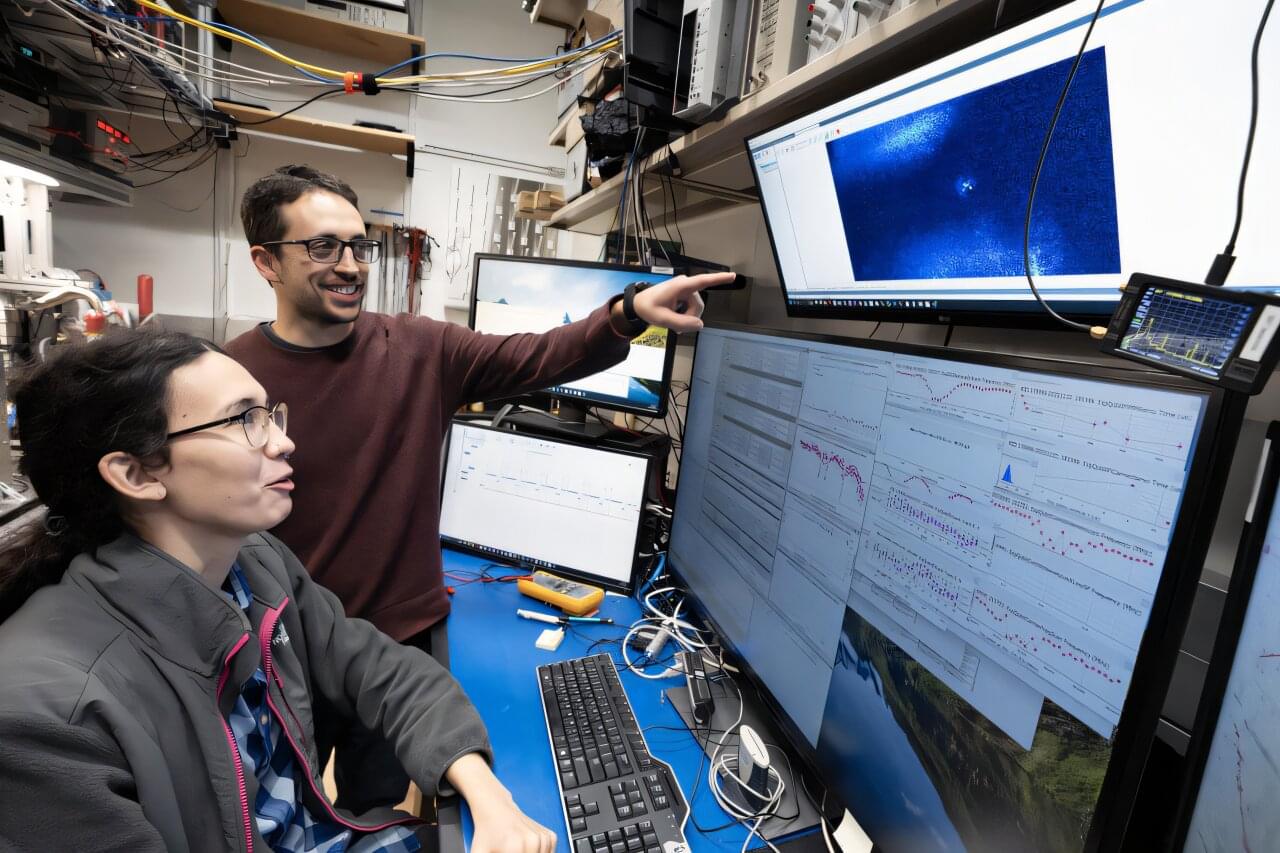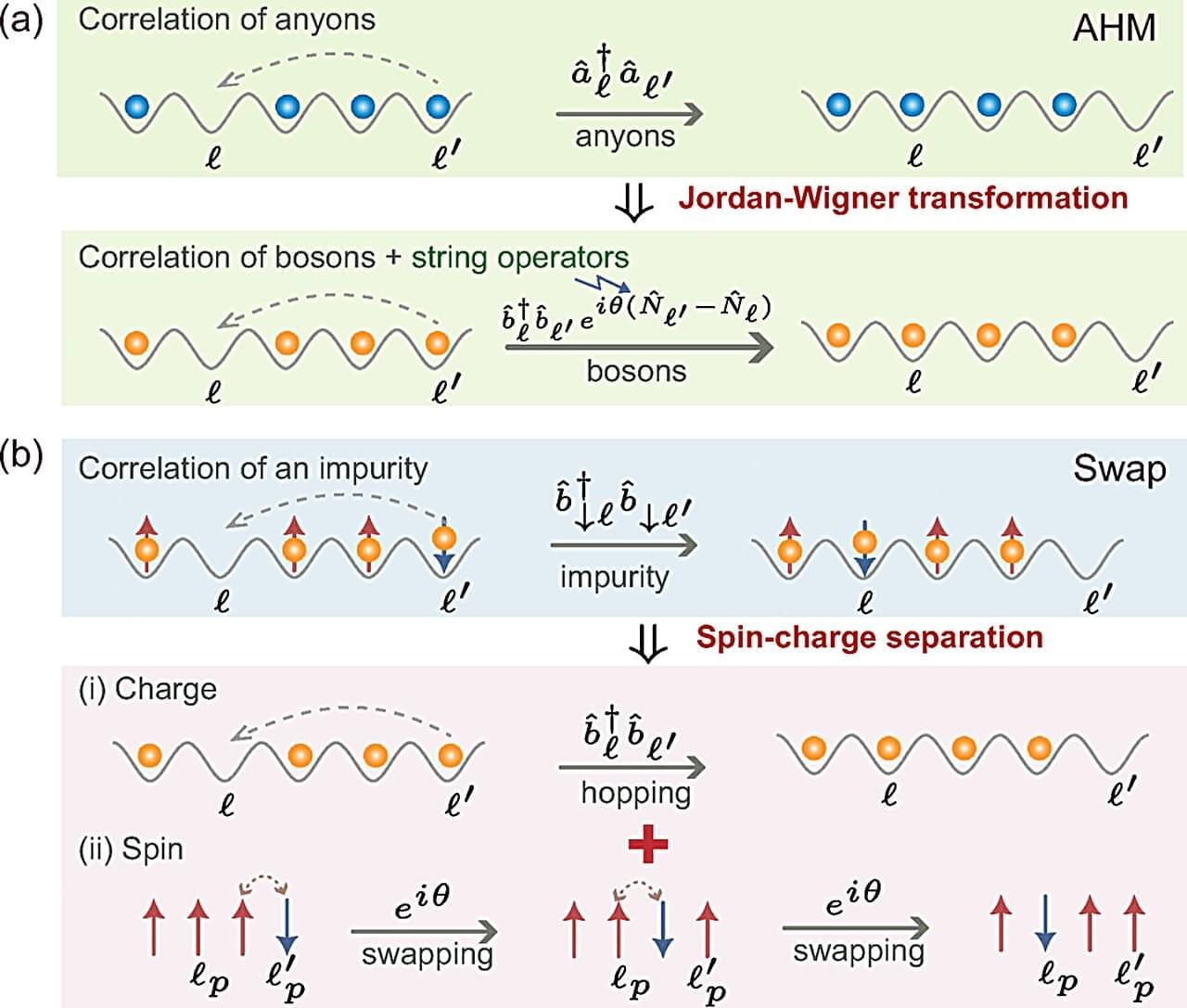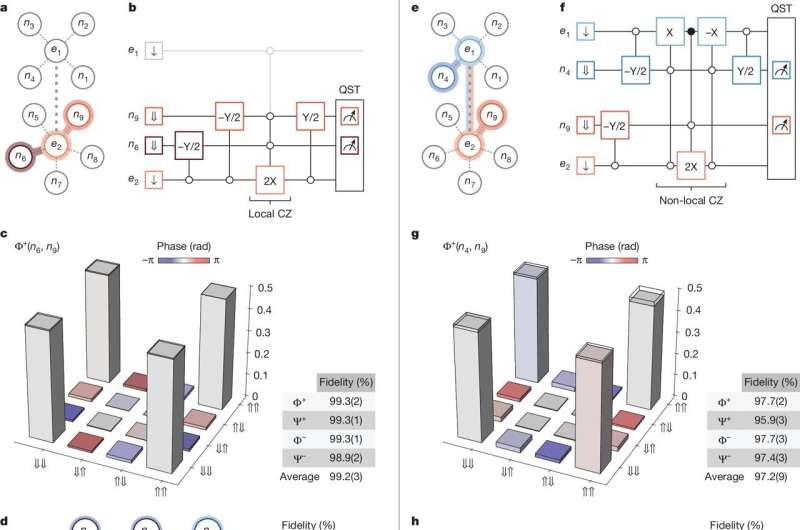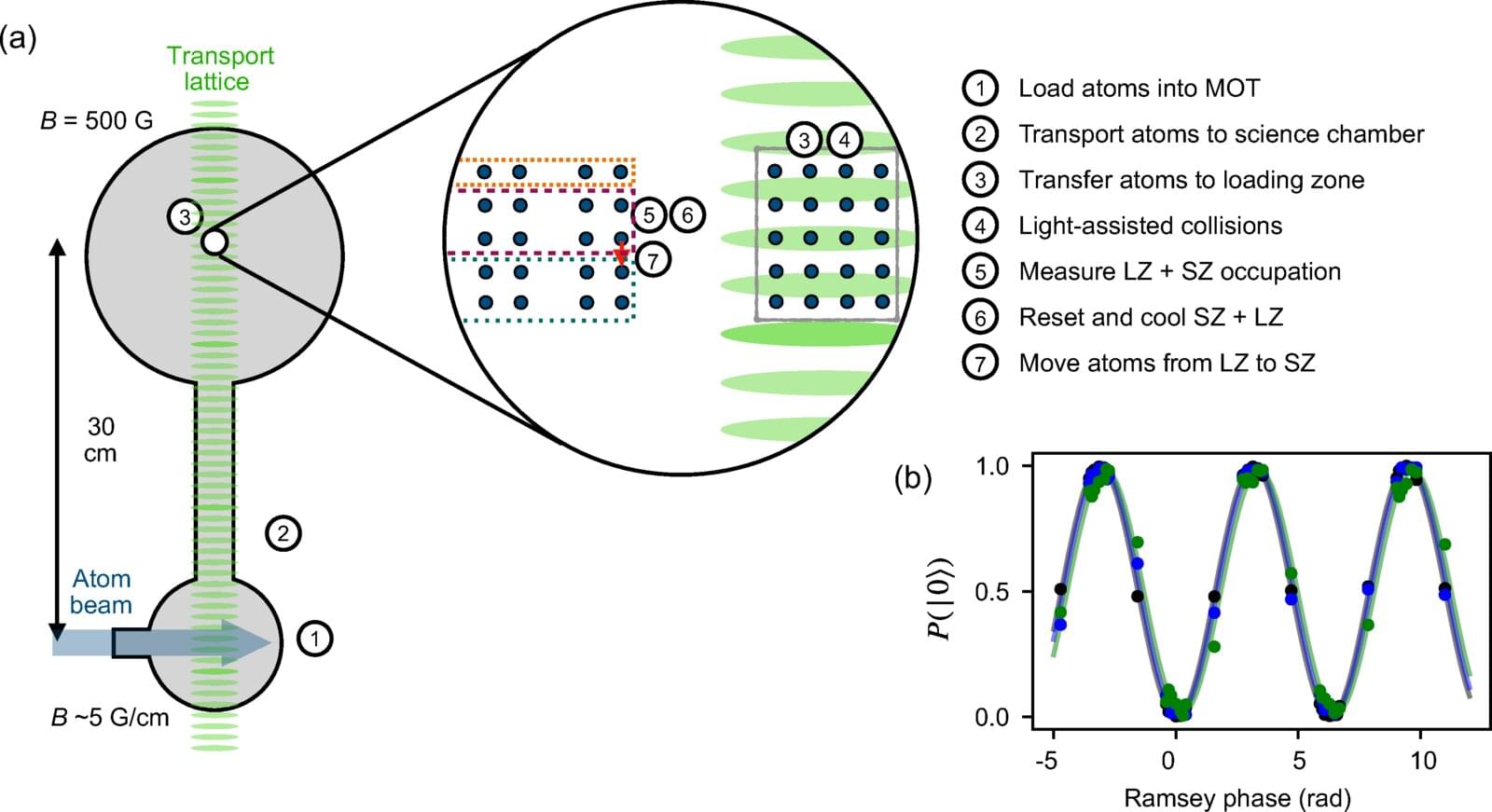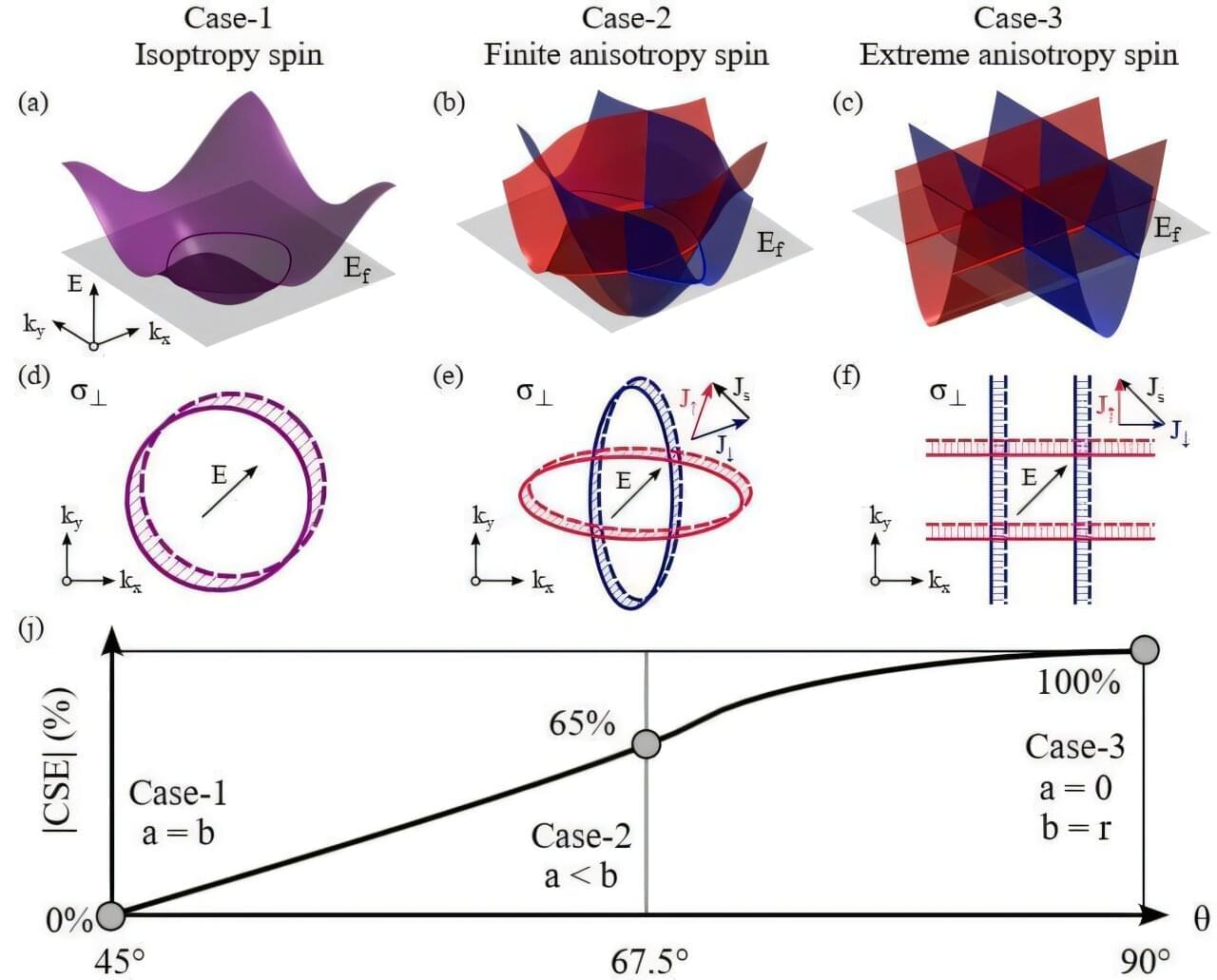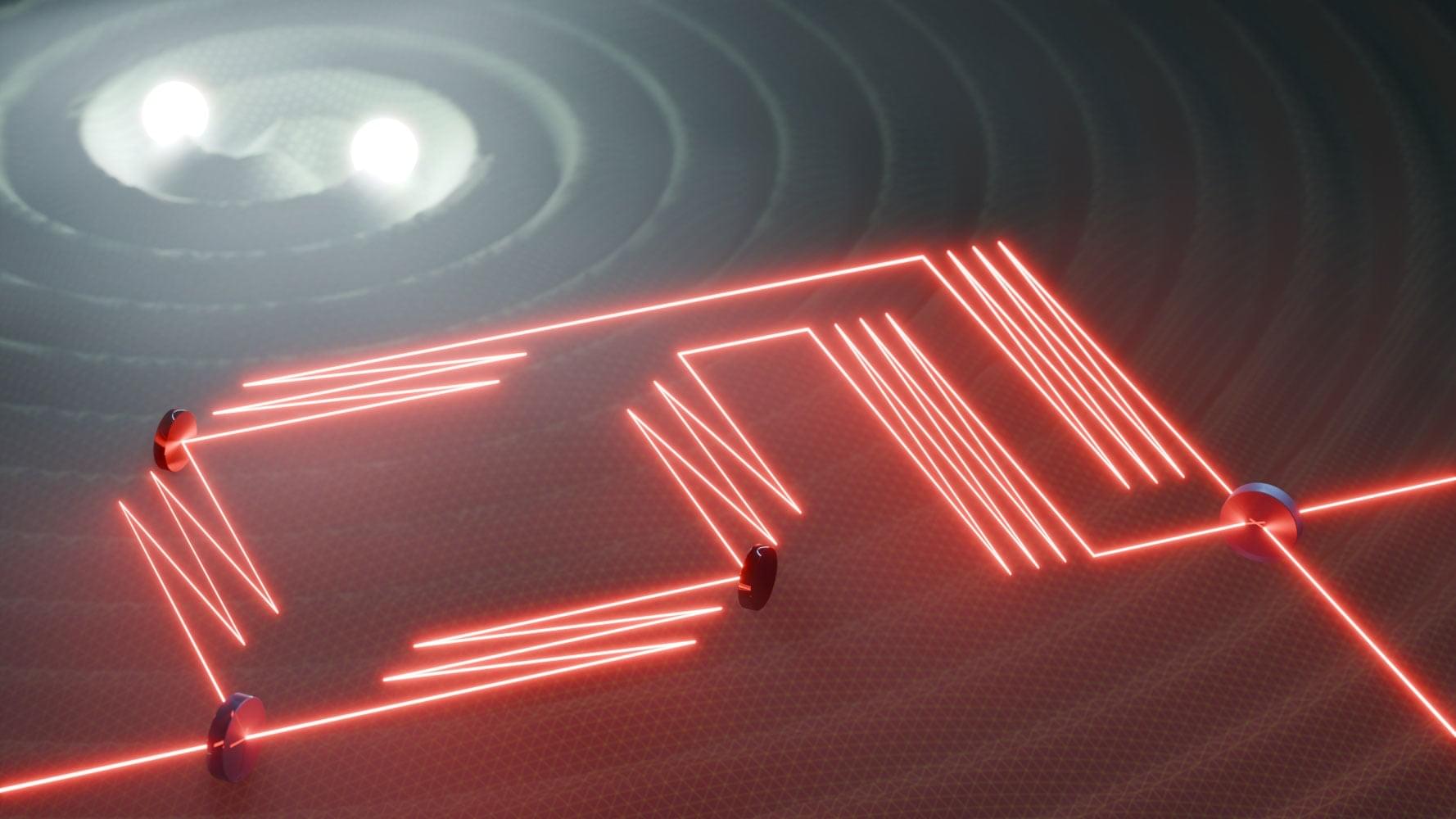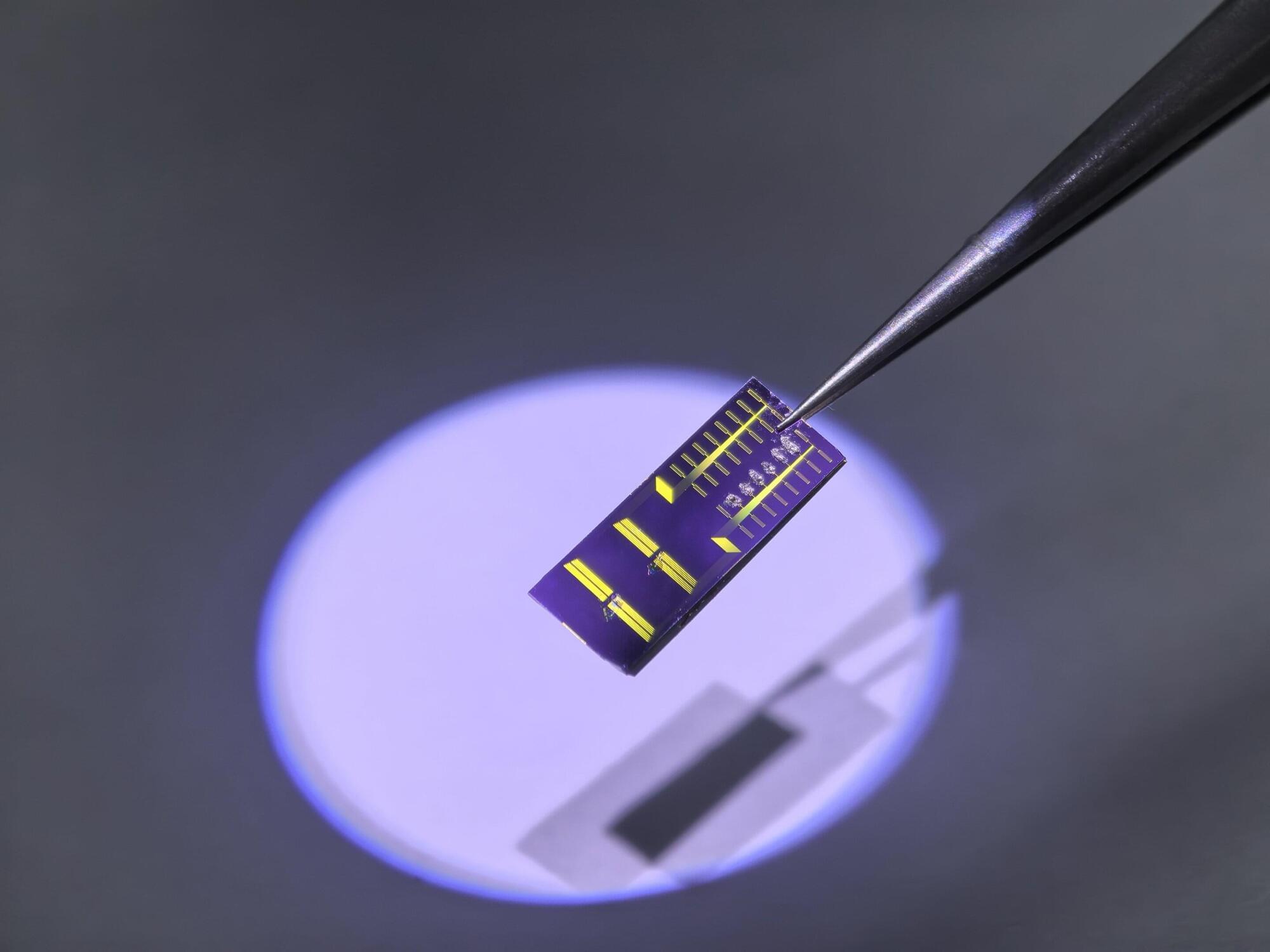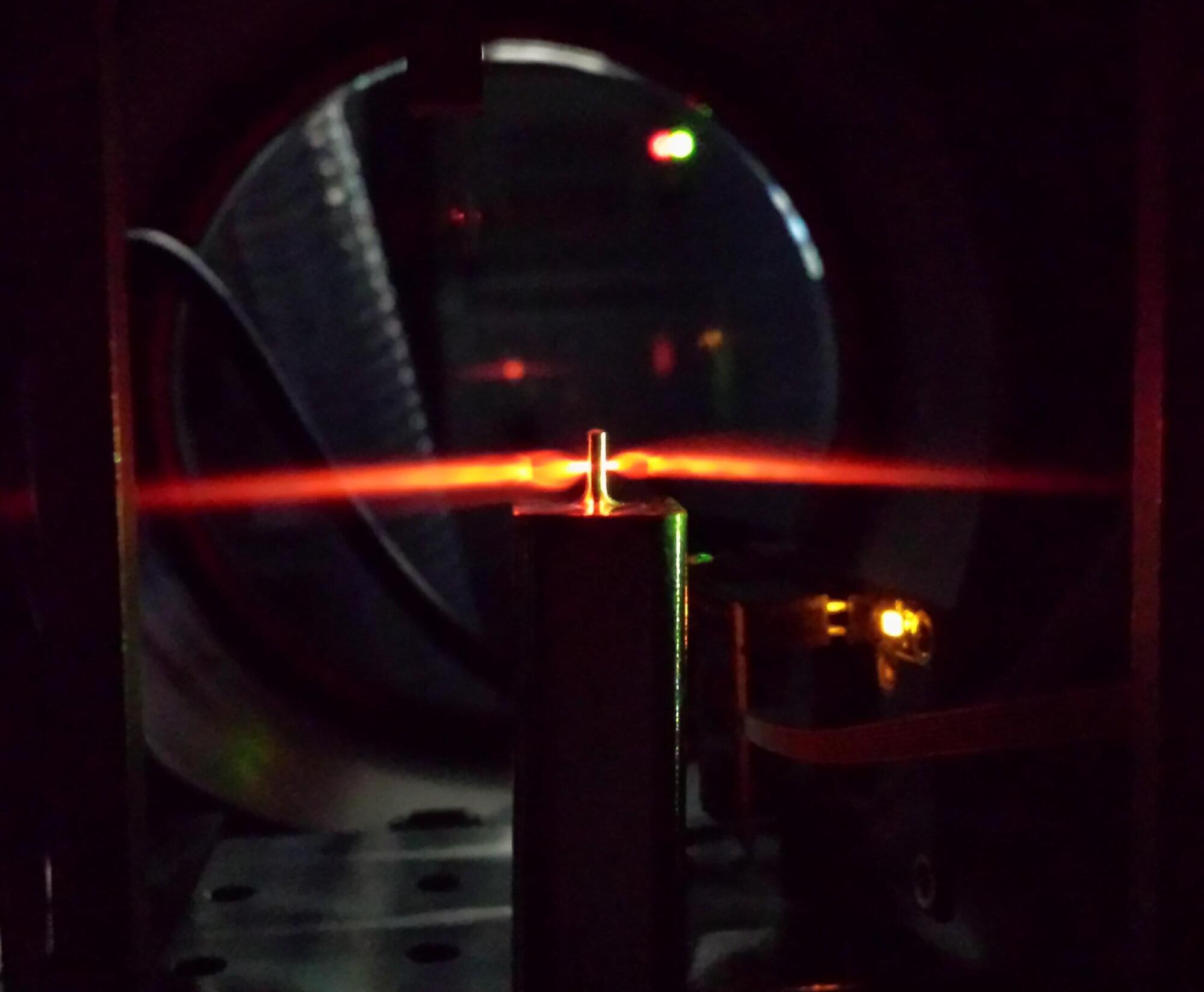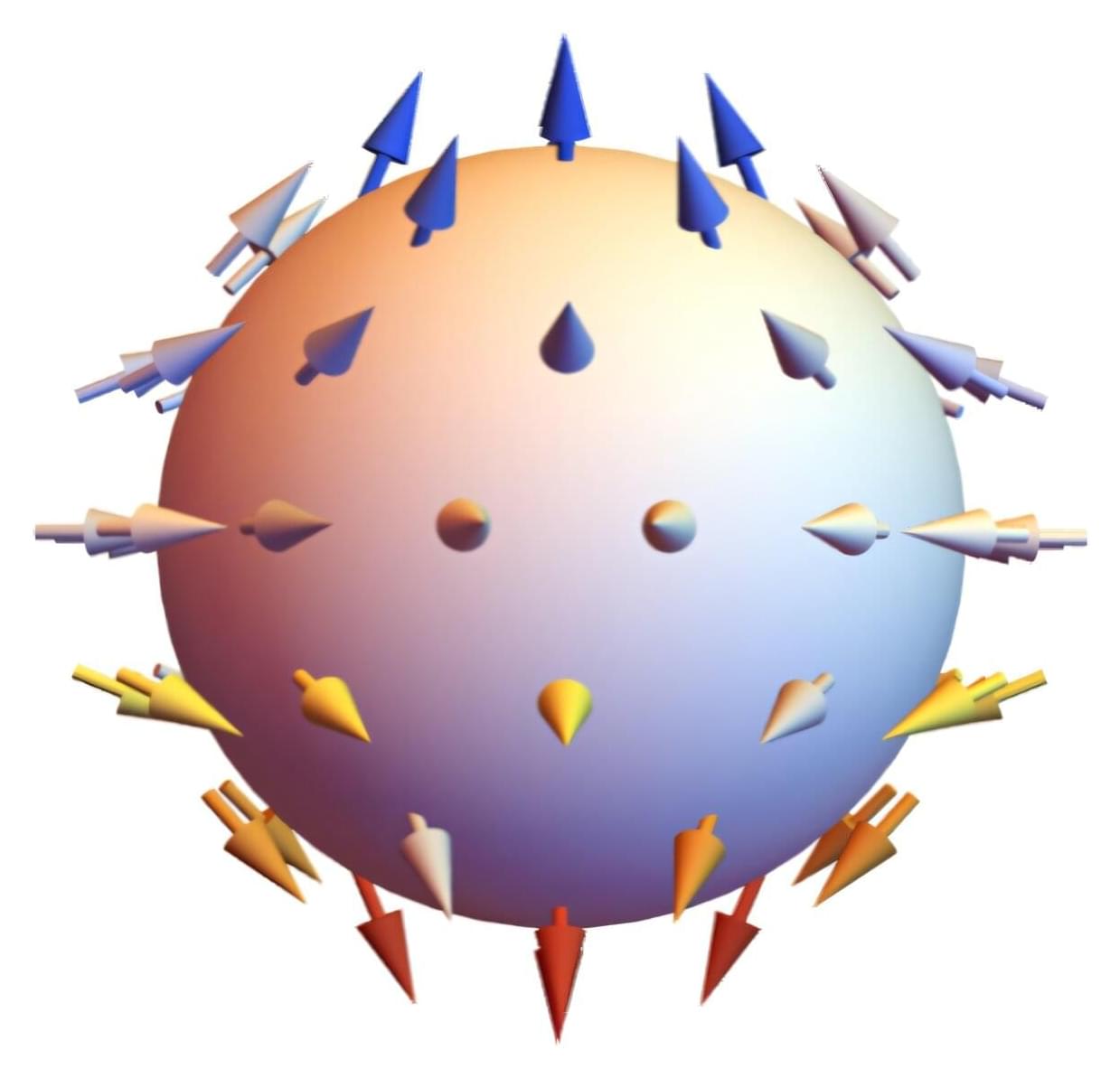Measuring very small displacements of a laser beam is important in many areas of science and technology, such as in an atomic force microscope. A quantum trick called weak-value amplification (WVA) has previously led to extremely sensitive measurements of beam shifts within interferometers. Now Carlotta Versmold of the Ludwig Maximilian University of Munich and her colleagues have extended such measurements to beam displacements outside of an interferometer [1]. For example, a laser beam reflecting off of a distant window could encode vibrations resulting from conversations inside the building.
In the WVA version applicable to shifts within an interferometer, a light beam is split and routed along two slightly unequal paths that later merge and lead to two output ports—a “bright” port where the beams largely reinforce one another and a “dark” port where they mostly cancel each other out. Any slight displacement of either beam is amplified in the position of the dim spot at the dark port. However, shifts in the beam entering the interferometer lead to offsetting shifts of the internal beams and thus to no measurable signal.
To extend the method to shifts of the incoming beam, Versmold and her colleagues added a so-called Dove prism to one of the beam paths. This type of prism generates an additional reflection, which effectively leads to opposite shifts in the two paths, resulting in an amplified signal at the dark port.
